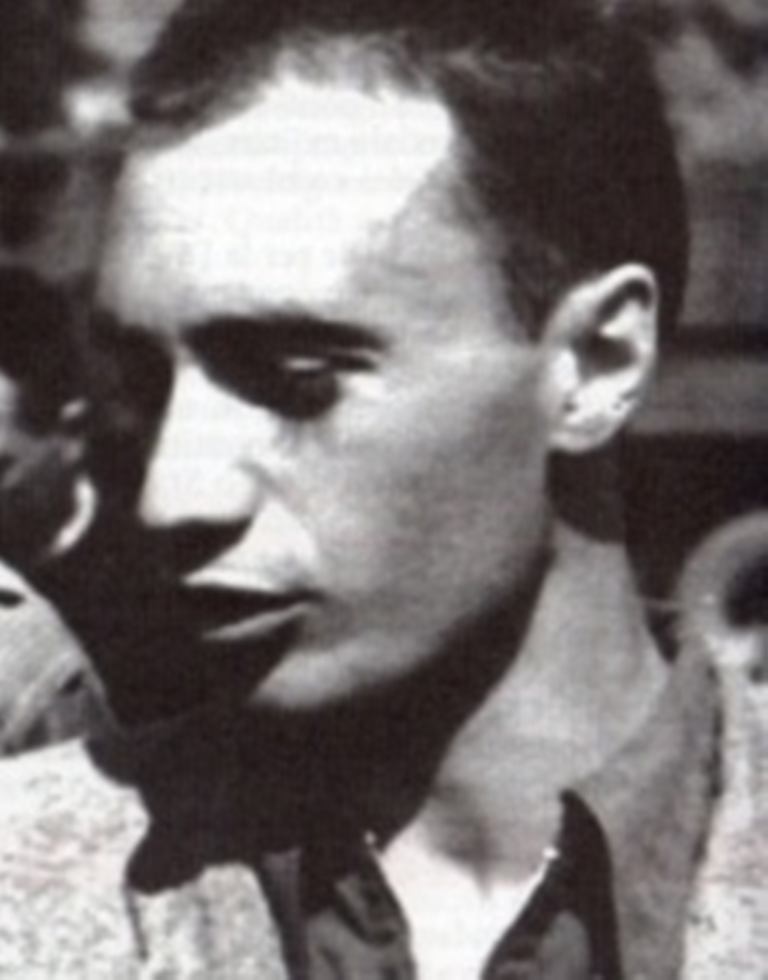When first the land was ours
When first the land was ours we thought
that things would never change
there'd always be the same green hills,
clear rivers and rich range,
and east of us the sparkling beach,
the mangroves, forests tall
in our innocence we thought
we'd always have them all...
We cleared the land and ploughed it,
and wind and flood-rains came
and stripped away the living skin
and left the bony frame.
We ring-barked, burned, and bulldozed
the trees and scrub away,
the mulga and the brigalow,
and bared the subsoil clay.
The bird-life fled, the locusts spread,
and Exodus followed soon
The land was bright beneath the night,
but dark beneath the noon...
We were so blind we thought we could
afford a meagre care
for topsoil and for timberline,
and that they'd still be there
We did not see that what we get
must spring from what we give,
that in a land we robbed of life
we could not hope to live.
For we are part of the shimmering web
that binds the vast and small,
and what is done to a single strand
has meaning to it all.
The earth was never ours, instead
we were the earth's deaf sons,
who could not hear how through our veins
the family life-blood runs...
And still the mother waits in hope,
degraded by neglect,
for us to render what we owe,
a life-time of respect.
The world's good is our own best good,
the land's health is our own
we were not meant to pasture sand
or harvest fields of stone.
Bruce Dawe (Fitzroy, Victoria, Australia, 1930). Docente. Poeta. Su contribución a las letras australianas ha sido reconocida con la Orden de Australia y con el nombramiento de emérito del Consejo de Escritores de Australia.
 Nessuno spalerà la neve
Nessuno spalerà la neve














